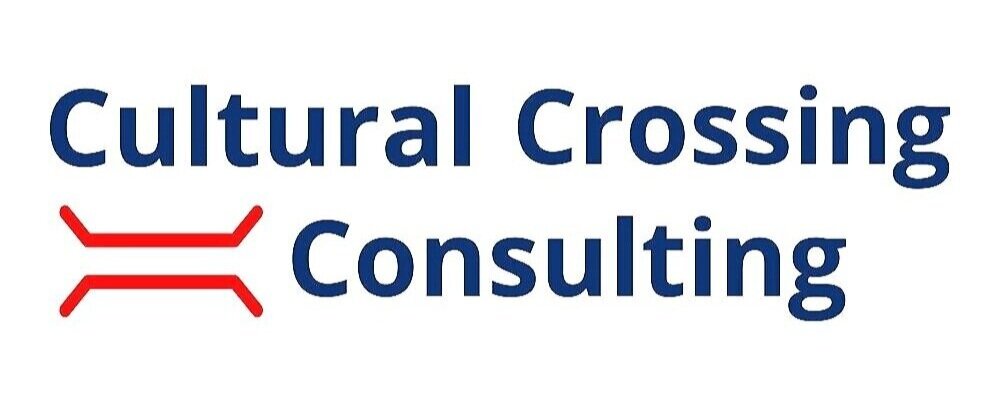
Cross-Cultural Competence
Why is Cross-Cultural Competence important?
As organizations become more culturally diverse and geographically dispersed, international business requires increased agility to navigate across virtual, spatial and physical boundaries.
National borders, time zones, work processes, production systems, communication tools, social media, management practices… globally dispersed work environments equate to heterogeneity of contexts on multiple fronts.
Understanding how to overcome such heterogeneity, which often translates into a succession of challenges, is critical for organizational success particularly at the team level.
For leaders and teams, successfully achieving common business goals from various locations around the globe requires cross-cultural competences to span such boundaries.
Researchers Ang and Van Dyne (2006) name this competence “Cultural Intelligence”: the ability to relate and work effectively with people of different cultural backgrounds.

